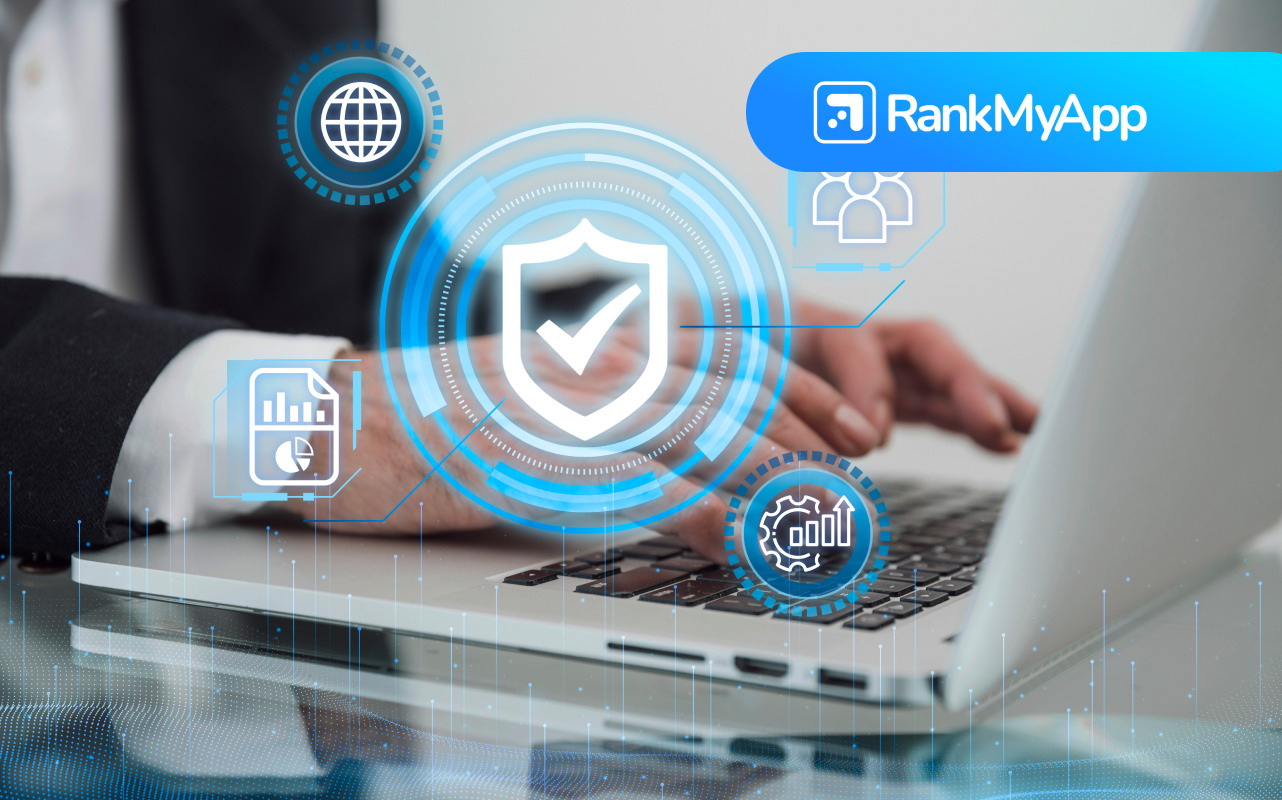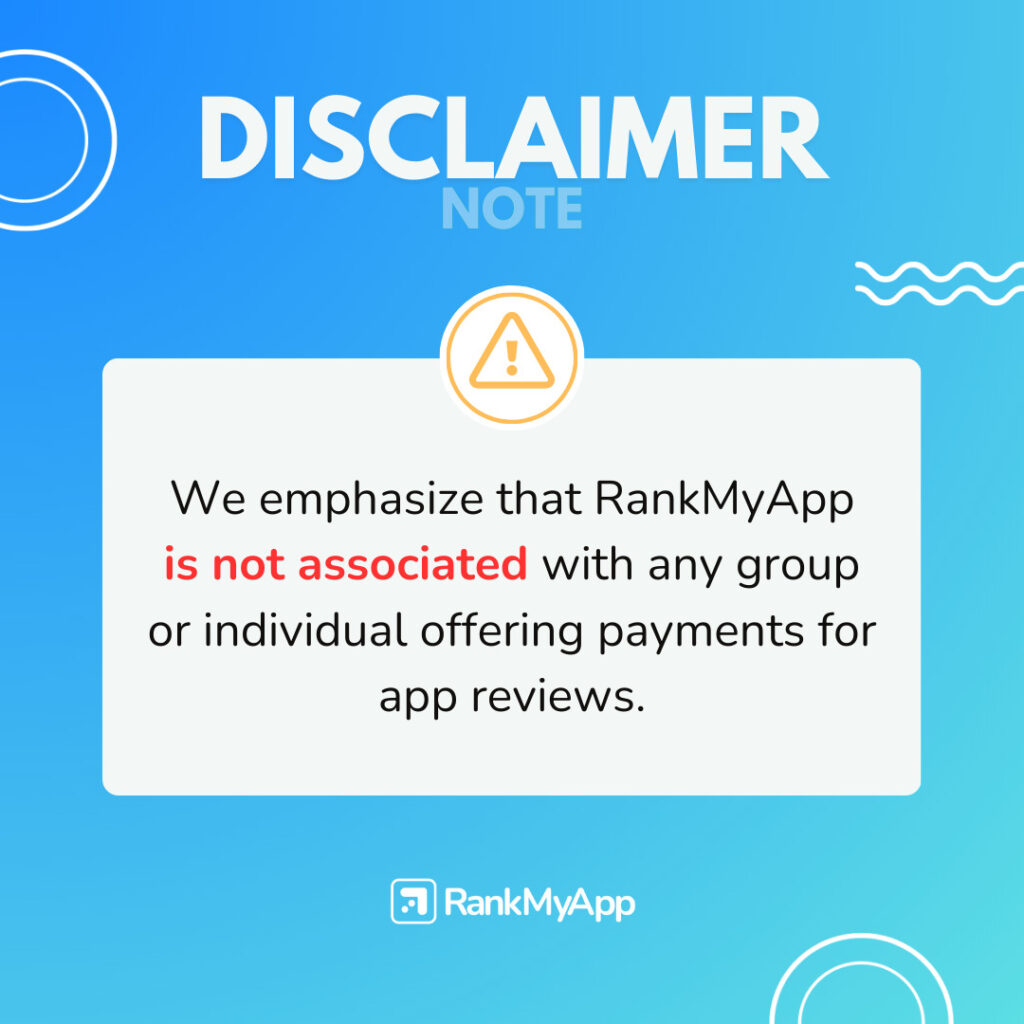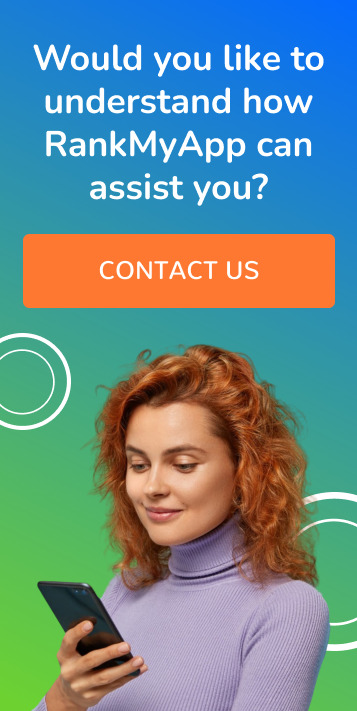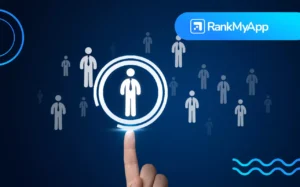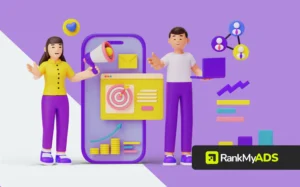It is undeniable the practicality that apps provide us in tasks that were previously bureaucratic, such as going to a bank branch or shopping for personal or grocery items. But as simple as the action is, we need to provide data, which raises the discussion of digital privacy.
After all, what is digital privacy? Is it really possible to keep some personal information away from the online world? To what points should we keep our attention to ensure our security in the virtual environment?
Digital privacy
In online dictionaries, digital privacy is described as the ability that the user — or company — has in controlling the information that will be published on the internet, whether it is their own or third parties. For marketers, this information is the “oil of the 21st century“, as described by The Economist.
Although it seems sensationalist, the statement of the English newspaper makes perfect sense, since the data used in applications and websites are used to sell products, display ads and various other digital marketing actions. By the way, do you know why and what personal data of yours is “monitored” by third parties?
Why companies collect users’ personal data
Do you know when you’re using an app and suddenly an ad from the restaurant you were in the day before is displayed? Or, of that piece of clothing you viewed on a website a few weeks ago, but you didn’t buy it? These ads are no coincidence.
They are displayed to you on purpose, and to know if you are the right person, some personal information is used. The active GPS of your smartphone, which recorded where you’ve been, and the cookies from the website you’ve visited are some of the ones responsible for it.
Basically, for marketing, the personal data collection is important because it is used as a guide. With this information, companies can better understand their habits as a consumer: what they like to buy, the places they usually visit, etc. Thus, it is possible to present you personalized offers.
The terms of use
The use of your personal data is authorized by you. This happens when you accept an app’s terms of use. When registering on a social network, for example, you authorize the company to use the data of your registration and even disclosed in the feed.
One example is Instagram, which states in its terms that you “grant a non-exclusive, free, transferable, sublicensable, and worldwide valid license to host, use, distribute, modify, serve, copy, display or publicly perform, translate and create derivative works of your content”.

The same goes when you use your social network information to sign up for another app, such as a streaming app, for example. Then, the use of the data is authorized by users. Thus, companies can use them for analysis purposes, such as marketing strategies.
Security and digital privacy
Digital security and privacy don’t have the same meaning, but they go hand in hand. Although you authorize the use of your data, by agreeing to the terms of use of an application or company, it is necessary to look at some points to ensure that your personal information is protected.
In Brazil, for instance, in order to ensure the data security collected on the Internet, there is the Brazilian Data Protection Law and, soon, the General Data Protection Regulation will enter into force. Their goal is to ensure that companies collect only the information they need for the user to perform the tasks of the app, and communicate how and who uses them.
You can delve into the topic by checking the content we’ve done especially about GDPR in Brazil, explaining what guarantees it gives the user and how this law affects applications. Follow this link and access the content!
Is it possible to have privacy on the Internet?
You can’t have 100% digital privacy, but there are ways to increase it, such as choosing which app can or can’t use your personal information. To do this, simply go to your smartphone’s security settings and choose the apps that can access your location, for example.
For social networks, you can choose who can view your posts — a way to keep your disclosures safe, both in your feed and those in your profile, such as date of birth, email, and phone number.
But in addition to these actions, it is important to know the data that companies collect and what the ends are. This information is obtained in the terms of use of the application, which can be accessed at any time in the “privacy policies” option.
Catch up with us!
Now that you know how digital privacy works and why companies collect certain information, how about signing up our newsletter and staying informed about what’s new and the news from the virtual world? Follow this link and receive, firsthand, our publications!
